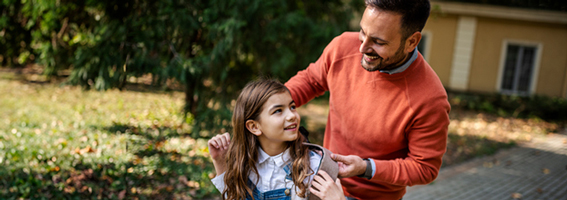Popular articles

Health–boosting hobbies that build longevity
Hobbies can be more than a source of joy – experts say certain “super hobbies” can deliver a host of health benefits as well.
Three Canadians over 75 share their secrets to longevity
A doctor weighs in on the routines of 3 thriving Canadians who show healthy living has no age limit.

Good question: Can you prevent type 2 diabetes?
An expert shares how you can lower your risk for one of the fastest-growing chronic diseases in Canada.

Good question: Can you prevent depression?
This time of year can bring emotional ups and downs. Discover expert tips to support your mental health.

Explore more
Latest in health
Together, let’s make better health a reality
See how we’re making healthier choices easier

Latest in women's health








